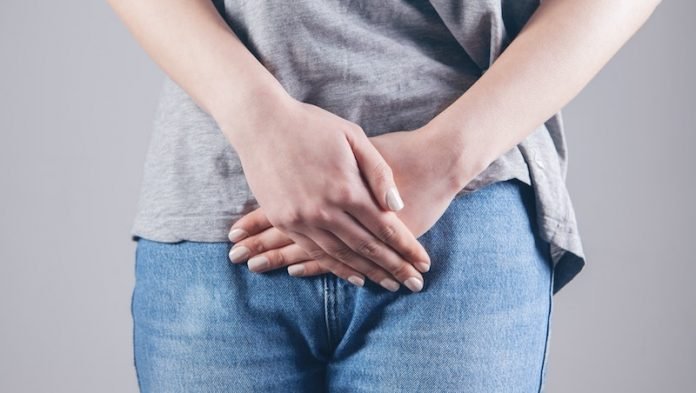
Scientists from Stanford University found that the coronavirus can infect the intestinal tract for weeks and months after people have cleared the bug from their lungs.
They found 1 out of 7 COVID patients continued to shed the virus’ genetic remnants in their feces at least four months after their initial diagnosis, long after they’ve stopped shedding the virus from their respiratory tract.
This may explain why some COVID patients develop GI symptoms like abdominal pain, nausea, vomiting and diarrhea. Long-term infection of the gut also might contribute to long COVID symptoms in some people.
The research is published in Med and was conducted by Dr. Ami Bhatt et al.
In the study, the team took advantage of an early clinical trial launched in May 2020 at Stanford to test a possible treatment for mild COVID infection.
More than 110 patients were monitored to follow the evolution of their symptoms, and regular fecal samples were collected as part of an effort to track their viral shedding.
The team found that about half of the patients (49%) had COVID RNA remnants in their stool within the first week after diagnosis.
But at four months following diagnosis, when no more COVID remained in their lungs, nearly 13% of patients continued to shed viral RNA in their feces.
The team also found about 4% still were shedding viral RNA in their feces seven months out from their initial diagnosis.
The researchers note that the RNA constituted genetic remnants of the coronavirus, and not actual live virus—so it’s unlikely a person’s poop could be contagious.
But the lingering presence of COVID in the gut does suggest one potential influence for long-haul disease.
The findings add to the notion that the cells in the intestine may themselves be involved with COVID viral infection, and they could potentially be contributors to some of the symptoms—abdominal pain, nausea, kind of just intestinal distress—that can be one aspect of long COVID.
The findings also have implications for public health efforts to predict emerging COVID outbreaks by testing a community’s wastewater for evidence of the virus.
Sign up for our newsletter for more information about this topic.
If you care about COVID, please read studies about new treatment option for COVID-19, and E-cigarettes with this flavor can harm your lungs most.
For more information about COVID, please see recent studies about a universal antibody therapy for all COVID-19 variants, and results showing this new oral drug may prevent death from COVID-19.
Copyright © 2022 Knowridge Science Report. All rights reserved.



